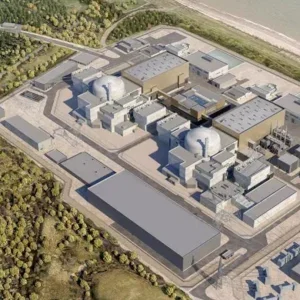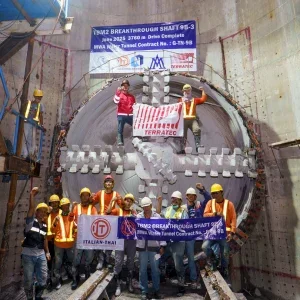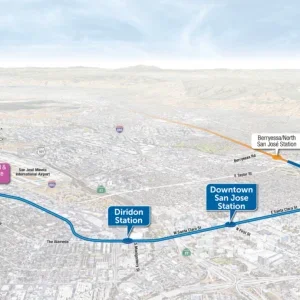The final phase in the preparation of the London Underground PPP reached its conclusion on 7 April 2003 with Metronet‘s financial close and the announcement of US$multi-billion plans to upgrade and revitalise its two-thirds share of the system.
Metronet has taken over responsibility for upgrading, replacing and maintaining the Bakerloo, Central, Victoria and Waterloo & City Lines (Metronet Rail BCV Ltd) and the Metropolitan, District, Circle, Hammersmith & City and East London lines (Metronet Rail SSL Ltd).
Altogether Metronet will spend US$26.5bn during the 30-year contract, US$10.9bn in the first seven and a half years – US$3.9M a day – on new trains, new track, new signalling and refurbished and modernised stations.
The Metronet consortium, which was formed in the summer of 1999, is made up of Atkins, Balfour Beatty, Bombardier Transportation, SEEBOARD and Thames Water.
Each party has contributed US$546M in equity. A further US$1.56bn has been raised in bank loans – arranged by Abbey National, CIBC, Deutsche Bank, and the Royal Bank of Scotland. Bonds (wrapped by Financial Security Assurance (UK) Ltd (FSA), and Ambac Assurance UK Ltd) will provide another US$1.56bn – arranged by Deutsche Bank, UBS Warburg and the Royal Bank of Scotland. The European Investment Bank will provide US$937M. Financial advisor for Metronet was Deutsche Bank, and legal advisor was CMS Cameron McKenna.
Chairman John Weight told a launch conference: “Metronet is a company with innovative plans, sound ideas, strong safety credentials and a willingness and determination to help improve the travelling experience of the people who use the London Underground every day”.
Metronet has pledged to ensure high technical standards in all it does in order to provide a safe and efficient service for the travelling public.







